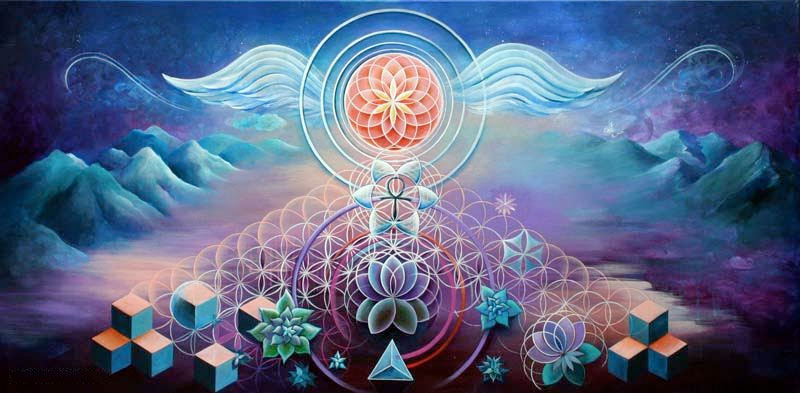- Home What is Hypnosis?
What is Hypnosis?
Hypnosis is a state of human consciousness involving focused attention, reduced peripheral awareness, and an enhanced capacity to respond to suggestion. The term may also refer to an art, skill, or act of inducing hypnosis.
Theories explaining what occurs during hypnosis fall into two groups. Altered state theories see hypnosis as an altered state of mind, or trance, marked by a level of awareness that differs from the ordinary conscious state. In contrast, nonstate theories see hypnosis as a form of imaginative role-enactment.
During hypnosis, a person is said to have heightened focus and concentration. The person can concentrate intensely on a specific thought or memory while simultaneously blocking out sources of distraction. Hypnotized subjects are said to show an increased response to suggestions. Hypnosis is usually induced by a procedure known as a hypnotic induction, which involves a series of preliminary instructions and suggestions. The use of hypnotism for therapeutic purposes is referred to as "hypnotherapy,” while its use as a form of entertainment for an audience is known as "stage hypnosis". Stage hypnosis is often performed by mentalists practicing the art of mentalism.
It important to remember that when you are in a heightened state of consciousness--as happens during hypnosis--you are fully aware and in complete communication with your higher self, which means that you would never do anything that you did not want to do. You would never open a memory that you were not subconsciously prepared to deal with. There is no loss of power during hypnosis. It is a very safe adventure, but it is important to discuss any mental health issues or disorders you may be experiencing prior to engaging in hypnotherapy.
The Benefits of Spiritual Hypnosis w/ Marcus Arieta


